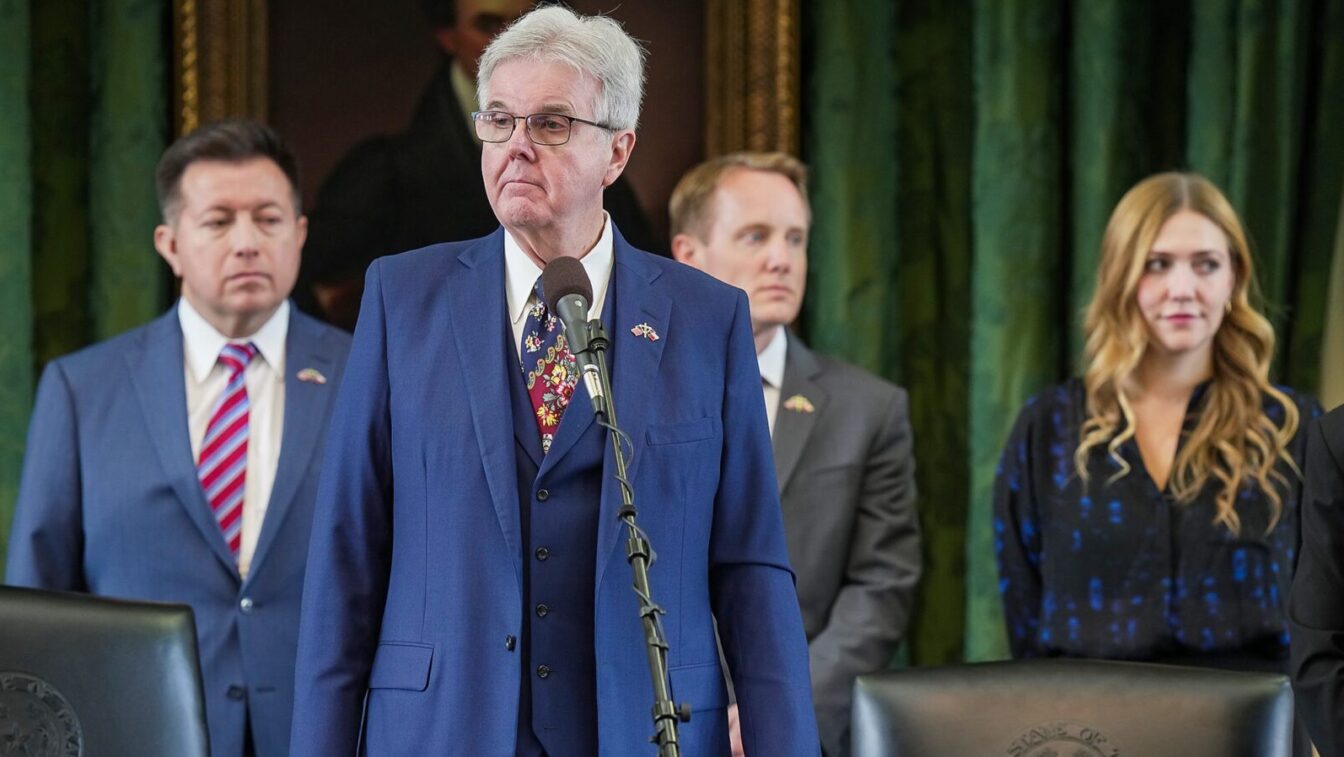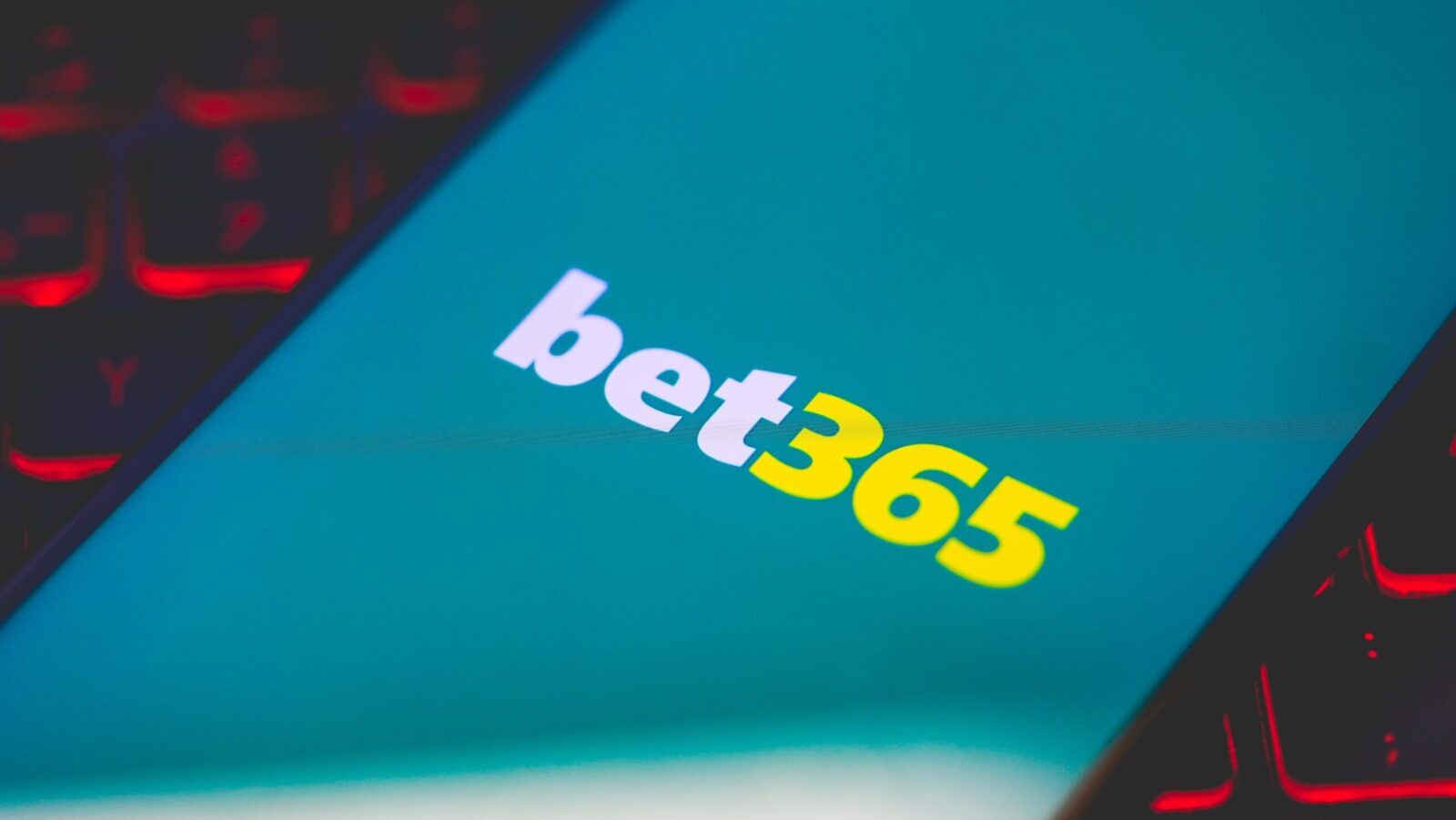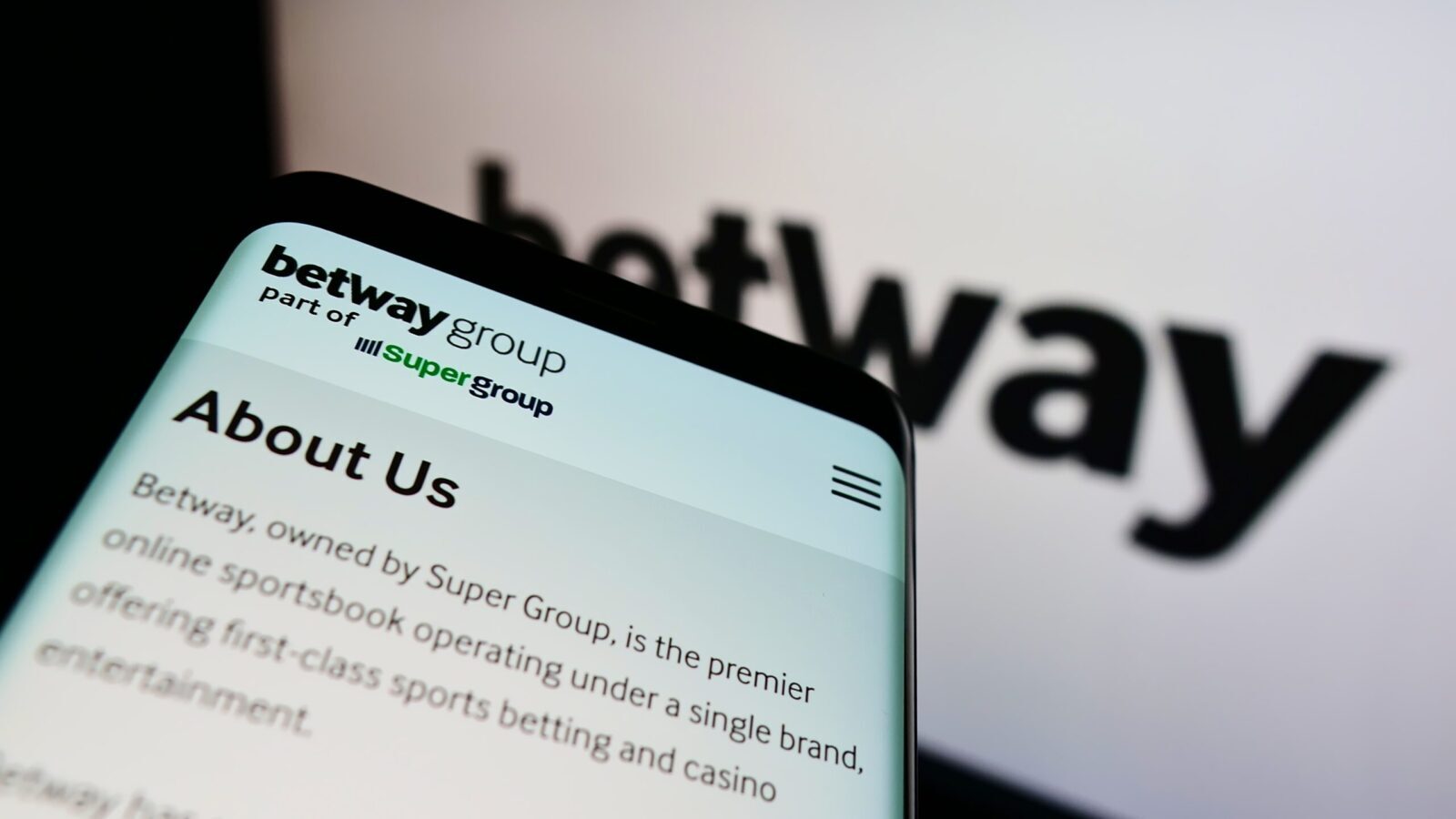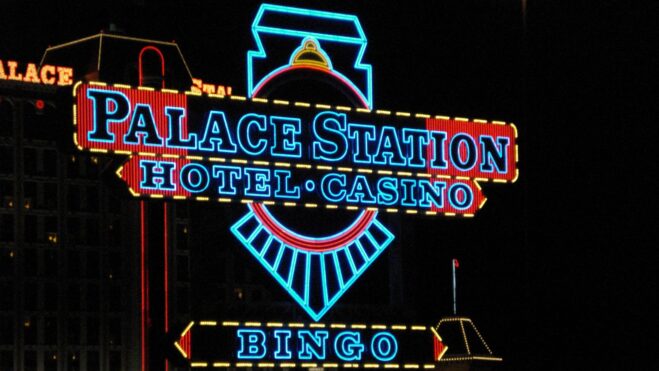Texas Tribe Warns Of Casino Push If State Allows Online Lottery Expansion
The tribe believes that lottery courier services equate to gambling and violate state gaming laws
3 min
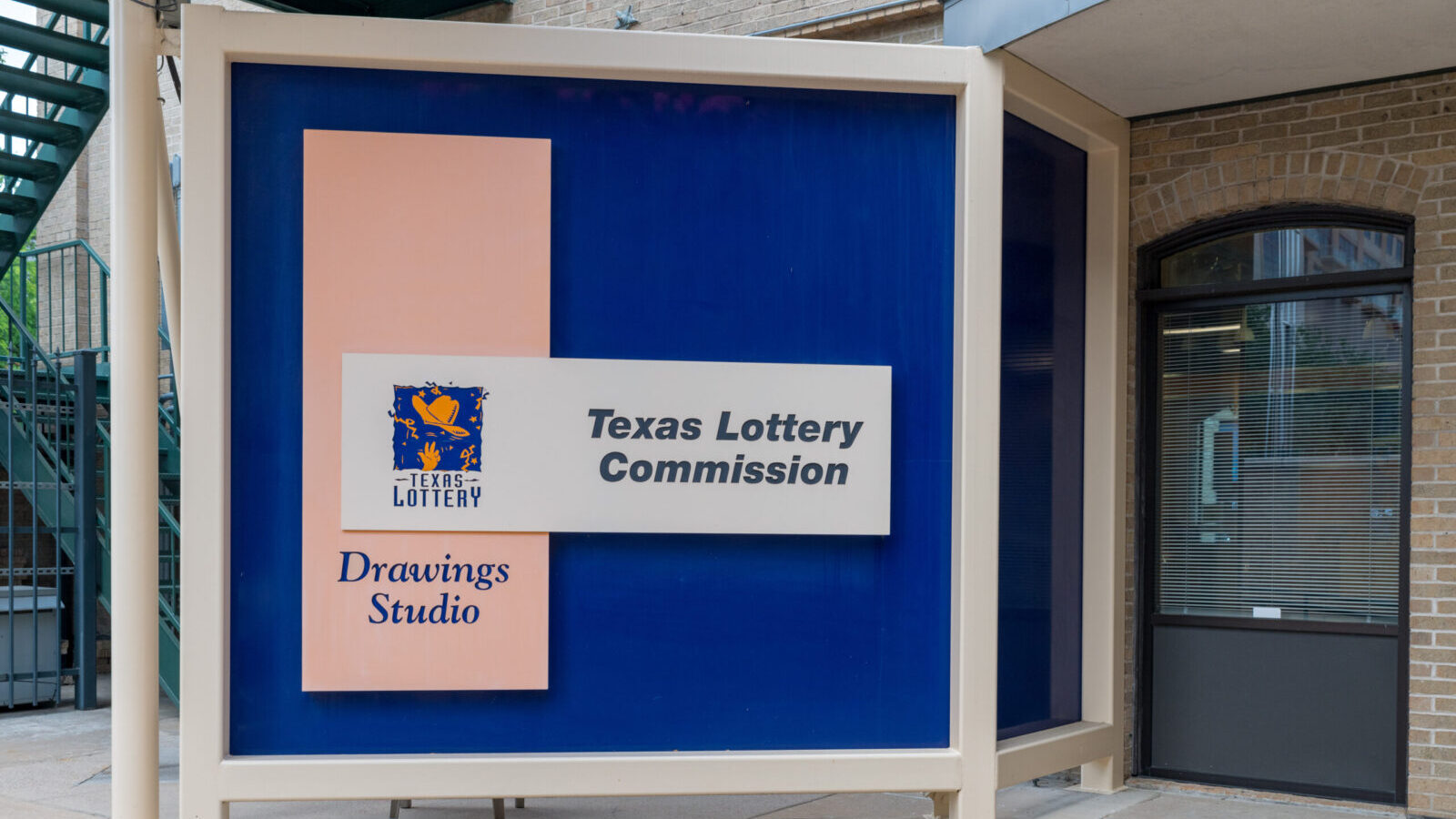
The Kickapoo Traditional Tribe of Texas has issued a warning to the Texas Legislature. It has said that it may pursue the legalization of full-scale casino gambling across the state if lawmakers fail to curb the burgeoning online sales of Texas Lottery tickets.
The tribe’s concerns, communicated in an Oct. 9 letter to the Senate State Affairs Committee, highlight what they see as a violation of the state’s gambling laws by online lottery courier services. The letter represents a potential turning point in Texas’s longstanding resistance to casino-style gambling, with the tribe positioning itself to push for broader gaming opportunities if state action isn’t taken.
The Kickapoo’s letter expressed growing frustration with online services that facilitate the purchase of Texas Lottery tickets. Such services have sparked a debate about whether they’re circumventing Texas law.
The tribe argues that these services “operate contrary to the law and represent an expansion of gambling in the State.” The tribe has called for a halt to online lottery courier operations.
Under Texas law, the sale of lottery tickets is intended to be a tightly controlled system with designated sales agents operating within the state’s regulatory framework. However, according to the tribe, lottery couriers are sidestepping these rules by purchasing tickets on behalf of players who use apps to place orders and pay online.
To the Kickapoo, the process resembles online gambling, as players are not physically purchasing tickets themselves but are instead relying on an intermediary. In the tribe’s view, this setup violates both the letter and spirit of Texas’s anti-gambling statutes.
A missing lottery link
The Texas Lottery Commission, which oversees lottery activities in the state, has argued that it does not directly facilitate online sales. During recent legislative hearings, commission representatives asserted that these online couriers operate independently and outside its regulatory jurisdiction, maintaining that it has no authority over courier services that sell tickets through online platforms.
This interpretation of state law has raised concerns, as it suggests that these couriers may be operating in a legal gray area. The tribe argues that they are neither fully regulated by the Texas Lottery Commission nor authorized to act as independent ticket vendors.
A core argument in the Kickapoo’s letter is that online lottery sales could effectively replicate casino-style gaming, which is currently prohibited in Texas. Specifically, the tribe suggested that online ticket purchases and the associated lottery draws function in much the same way as virtual slot machines, with outcomes based on chance.
The tribe has voiced fears that allowing such sales may blur the line between traditional lotteries and digital games of chance. They feel this could open a gateway to broader online gambling across the state.
Texas law, as the tribe pointed out, prohibits lottery sales by individuals who are not official agents or employees of agents. This provision has created a dilemma for the commission, which must now address whether couriers are acting as unlicensed agents or if their involvement puts the sales agents under the commission’s jurisdiction. This ambiguity has left the door open to a broader interpretation of Texas gaming law.
A shift in the gaming landscape
For the Kickapoo, whose current gaming operations are limited to bingo-style machines, the move to full-scale, Class III gaming would represent a significant expansion. Class III status, regulated by federal law, allows for games such as poker and slot machines typically seen in Las Vegas casinos.
If the state does not address online lottery sales, the Kickapoo could seek to shift its gaming operations to this level, thereby bypassing Texas’ ban on traditional casinos. With such a shift, the tribe would no longer be restricted to reservation-based gaming but could potentially expand operations across Texas, pending federal approval.
The issue comes at a politically delicate moment. Texas remains one of the few states where casino gambling has yet to gain significant legislative traction. In the last legislative session in 2023, a bill proposing casino legalization narrowly missed advancing, falling just eight votes short in the Texas House.
Lt. Gov. Dan Patrick recently remarked that casino legislation lacks the necessary support to pass, attributing the shortfall to weak constituent demand. While support among Democrats — as well as the general public — is believed to be strong, the overall bipartisan backing needed to pass the bill is insufficient.
Industry analysts have expressed skepticism about Texas moving toward full casino legalization in the 2025 legislative session, noting that conservative lawmakers remain wary of gambling expansion. The Kickapoo tribe’s letter, however, may add a new layer of urgency to the debate.
Casino Reports reached out to the tribe for more details, but didn’t receive a response prior to publication.

